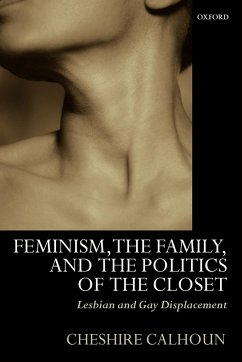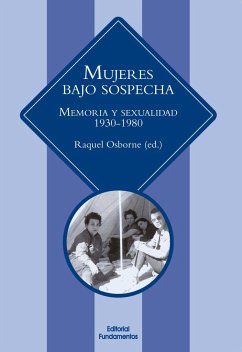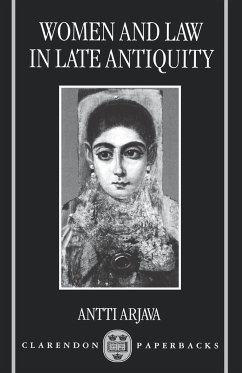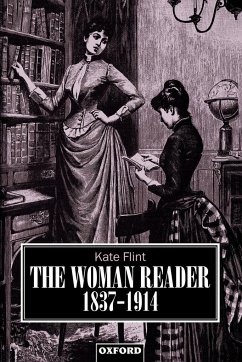
English Feminism, 1780-1980
Versandkostenfrei!
Versandfertig in 1-2 Wochen
73,99 €
inkl. MwSt.

PAYBACK Punkte
37 °P sammeln!
Though feminism may have lacked the kind of legitimating tradition evident in other forms of political thought, the ghost of Mary Wollstonecraft is seen here as something which all nineteenth- and twentieth-century feminists had to come to terms with. Her story was a constant reminder of the connection between the demand for political and legal rights, and its conflation with the issues of personal and sexual rebellion. Like Mary Wollstonecraft, every woman pioneer into the public arena was faced with assaults on her honour as well as on her intellectual position. Professor Caine also addresses the language of feminism: the introduction and changing meanings of the term 'feminist'; the importance of literary representations of women; and the question of how one defines feminism, and establishes boundaries between feminism and the 'woman question'. She ends with a discussion of the new emphasis, post-1980s, on the need to think about 'feminisms' in the plural, rather than any single kind of feminism.
Barbara Caine offers the first complete overview of the history of "modern" English feminism, from the French Revolution through to the advent of Women's Liberation. Her analysis of feminist organizations, debates, and campaigns shows a keen sense of the relationship between feminist thought and actions, and wider social and cultural change. The result is a fascinating study with a new perspective on feminists and feminist traditions which should interest and instruct readers at all levels.














